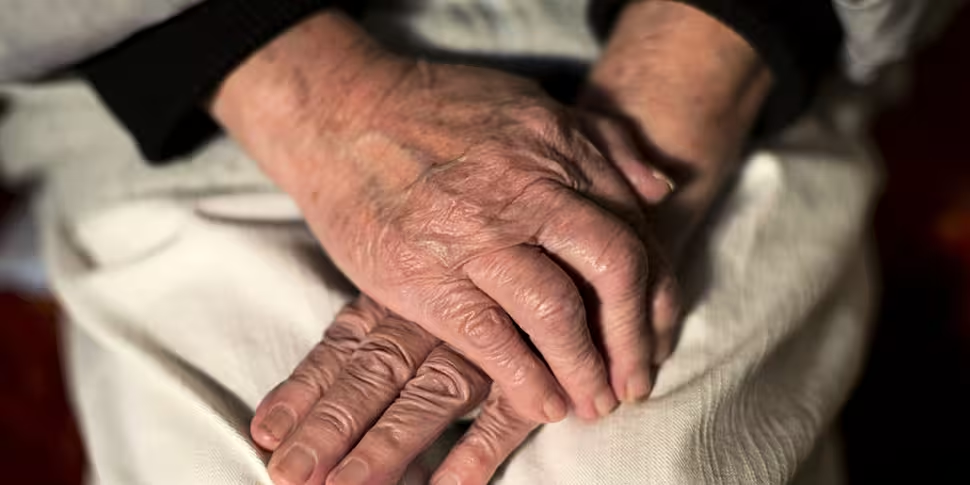There has been a significant decline in mental and physical health for family carers during the pandemic, according to new research.
The report from The Alzheimer Society of Ireland shows there has also been a significant irreversible deterioration in the condition of people with dementia.
81% of family carers are concerned about a decline in the person with the condition.
The 'Caring and Coping with Dementia during COVID-19' report also found that 54% of family carers reported a decline in their mental health, and 40% a decline in their physical health.
54% of family carers were worried about how they will continue to cope, with 44% feeling less able to cope.
CEO of the ASI Pat McLoughlin said the lives of people with dementia and their family carers remain very seriously impacted by the pandemic.
“This research shows the enormous sacrifices family carers have made in order to protect those they care for. Their struggles include heightened exhaustion, burnout, anxiety, grief, helplessness and despair," he said.
Speaking to Newstalk Breakfast, Aisling Harmon, a family carer from Wicklow who looks after her mother, described the pandemic as "a pretty grim experience".
"We were cut off overnight, we went from having a home care package and supports in the home, daycare, respite being made available, to having nothing," she said.
"While everybody else could go online, the practical side of home caring means you can't go online for everything so we were actually cut off, isolated, it was very frightening.
"Family carers had to keep going working 24/7, 168 hours a week doing everything."
Aisling said the "world got a taste of what it is like to be a family carer sometimes" during the pandemic as it is so isolating.
Particularly for carers who look after a loved one with dementia, they can often be mourning the person their relative used to be, and so not being able to grieve properly during COVID was also a reminder of that, she added.
"It just made it really clear what a family carer, specifically for someone with dementia, goes through every day," Aisling explained.
"So you're resilient and you cope very well but you cope alone, you're exhausted, and you're on a treadmill but you keep going to look after the person who you care for."
'We need to be heard'
Aisling's mother has Parkinson's as well as dementia, and she noticed a huge decline in her condition during lockdown.
"Despite giving her one to one attention now, she probably lost one and a half to two years during that time, and that's just the reality for many," she said.
She said it was frustrating to see people complaining about the impact of lockdown as there is a recovery plan for the reopening of society, but that's not there for carers.
"It is frustrating, but you have to get on with it, we can't leave our homes and our loved ones and go out and protest because we have to be here to deliver the care and the services in the absence of schemes in the community that are so overstretched anyway," Aisling explained.
Services and daycare centres for people with dementia should be opened as quickly as possible, she added, in order to benefit both the individual and the family carer.
"There isn't an easy fix for it but we need to be heard, if we are consulted on it we would give plenty of solutions," she stated.









